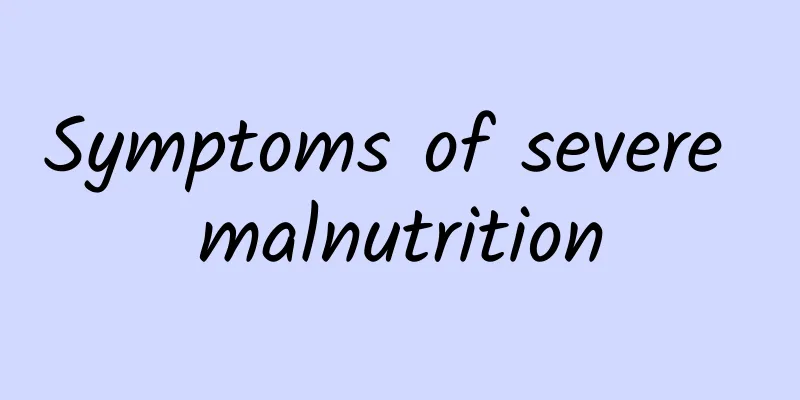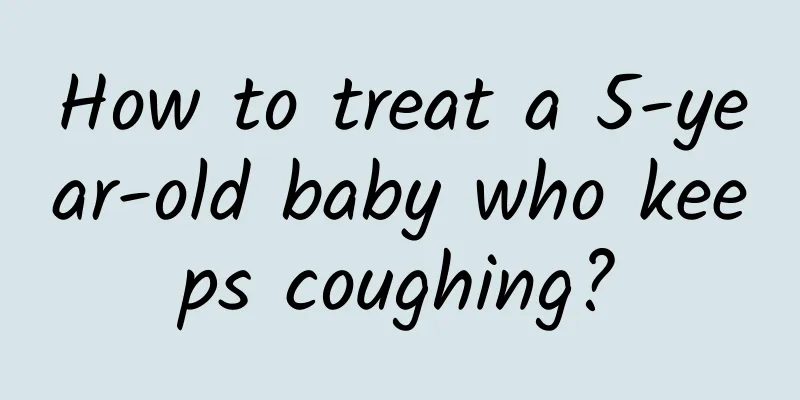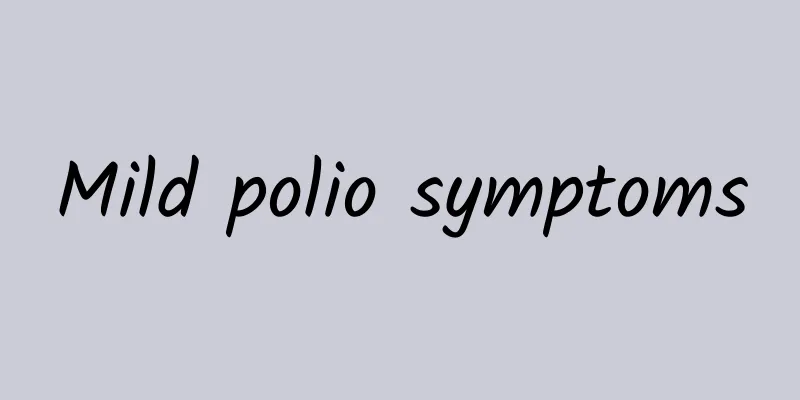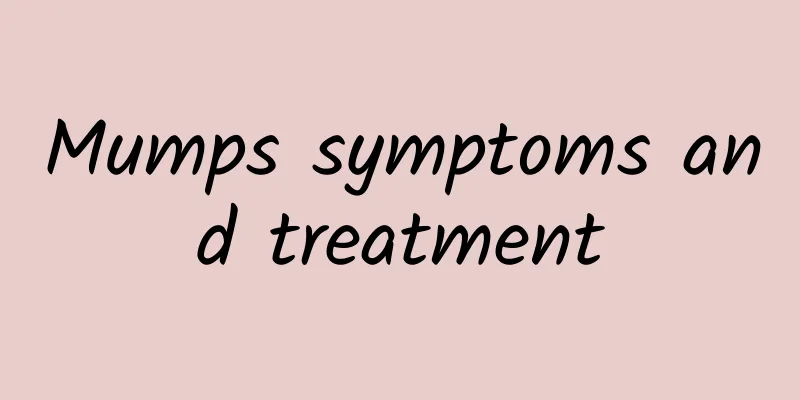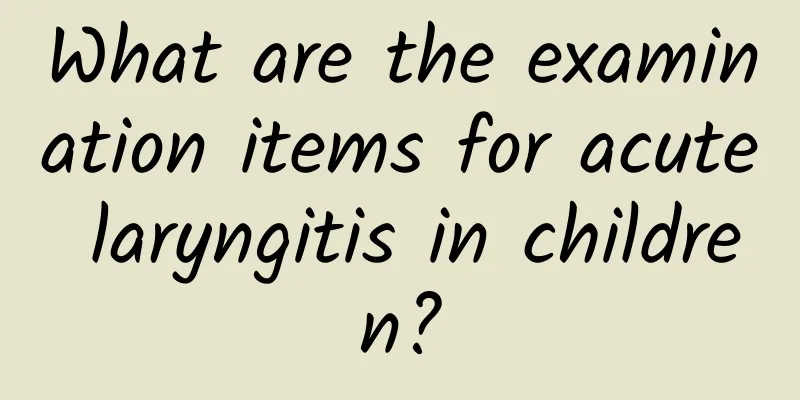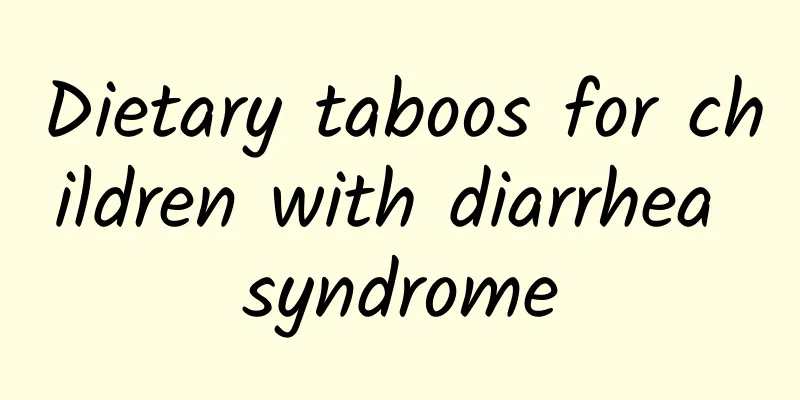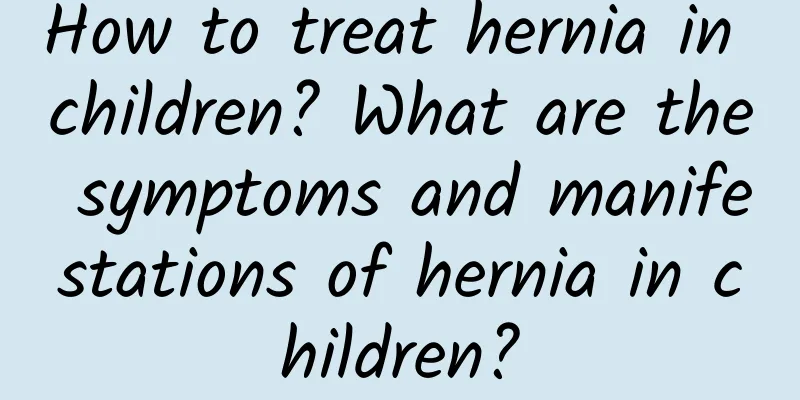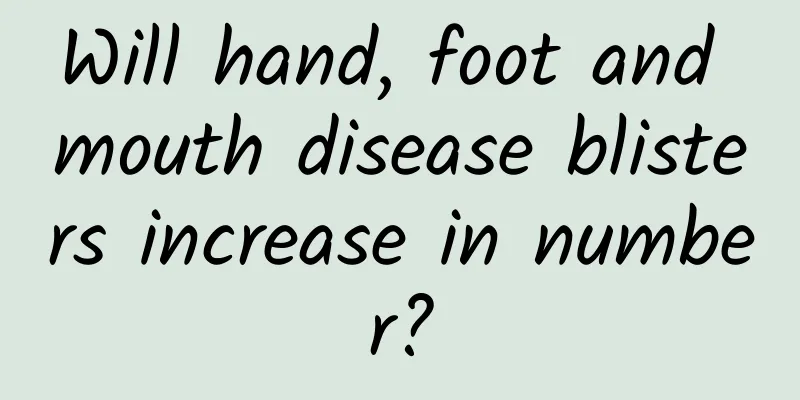How to treat children's hand, foot and mouth disease
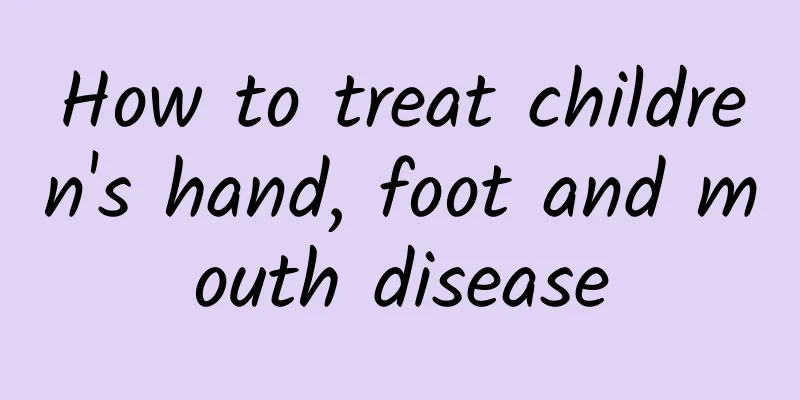
|
Hand, foot and mouth disease is a common disease caused by enterovirus infection. For children suffering from hand, foot and mouth disease, the key is to identify symptoms early and take medication in time. Treatment mainly includes symptomatic treatment to relieve symptoms, antiviral treatment, and attention to care and diet adjustment. 1) Symptomatic treatment Symptoms of hand, foot and mouth disease include fever, rash, oral ulcers, etc. For fever, you can use drugs such as acetaminophen or ibuprofen to reduce fever. Be careful to use the drugs according to the instructions and avoid overdose. For oral ulcers, you can use watermelon frost spray or oral care spray containing honeysuckle to relieve pain. In severe cases, local anesthetics such as lidocaine gel can be used (use according to doctor's instructions). If the child has itchy or secondary infected rashes, calamine lotion or topical anti-infective drugs can be used under the guidance of a doctor. 2) Antiviral treatment Hand, foot and mouth disease is a viral infection. There is no specific antiviral drug, but you can use ribavirin granules or interferon spray and other auxiliary antiviral treatment drugs in moderation under the doctor's advice. Studies have shown that early use of antiviral drugs may shorten the course of the disease, but it must be used under the guidance of a pediatrician. 3) Nursing and dietary adjustment Family care is essential for the recovery of hand, foot and mouth disease. Keep the child's mouth clean and rinse with warm water after each meal to prevent secondary infection; provide warm and soft, easily digestible liquids or semi-liquid foods, such as millet porridge and egg custard, and avoid irritating or hard foods. For environmental hygiene, regularly clean the child's toys and daily necessities that they touch with disinfectant to minimize the risk of infection to other family members. Hand, foot and mouth disease is mostly a self-limiting disease that can improve on its own in 5-10 days, but if there are severe symptoms such as persistent high fever, frequent vomiting, drowsiness or breathing difficulties, you should seek medical attention immediately. Scientific medication and good care will not only help children recover, but also prevent complications. |
<<: What to do if your child has a flu cough
>>: Do all newborns have symptoms of patent ductus arteriosus?
Recommend
Is the cure rate for diarrhea in children high?
The incidence of pediatric diarrhea is second onl...
How to prevent colds in children in autumn 4 tips to effectively prevent colds in children in summer and autumn
The weather is cool and hot at the turn of summer...
Is polio curable?
Polio is a relatively serious disease that troubl...
What are other traditional Chinese medicine treatments for mumps?
What are other TCM treatments for mumps? Massage ...
What are the commonly used drugs for mumps?
Once we have symptoms of mumps, it will cause ser...
Daily care for acute laryngitis in children
Acute laryngitis in children is one of the common...
What are the dietary taboos for children with diarrhea? 3 dietary taboos for children with diarrhea
Pediatric diarrhea is a common disease in young c...
What should children not eat for acute laryngitis
Acute laryngitis in children is a serious inflamm...
Prevention and treatment of hand, foot and mouth disease in children
Hand, foot and mouth disease is a common childhoo...
Are there risks in minimally invasive hernia surgery for children?
The overall risk of minimally invasive surgery fo...
Principles of examination for diarrhea in children
My child has been suffering from diarrhea recentl...
Various examination methods for breast milk diarrhea
Do you know the various examination methods for b...
Drugs for treating pneumonia in children
Nowadays, pediatric pneumonia seriously torments ...
Do you know the common misunderstandings in the diagnosis of Kawasaki disease?
What are the common misunderstandings in the diag...
Is acute mumps contagious in children?
Acute mumps is contagious, especially in the earl...
